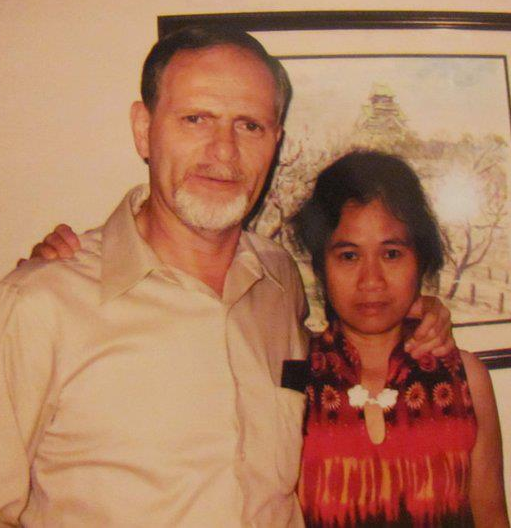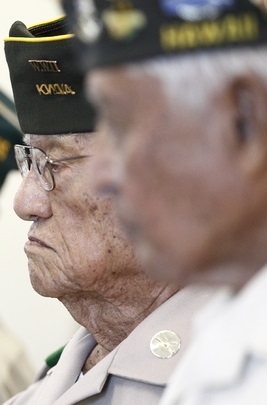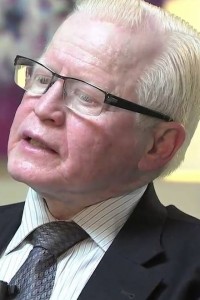PHL upgraded to Tier 1 with increased trafficking conviction, prosecution
The Philippines was upgraded to Tier 1 of the U.S. State
Department’s Trafficking in Persons (TIP) Report of 2016 released on June 30.
Ambassador Jose Cuisia, Jr., who led the advocacy work for the Philippines’ anti-trafficking in persons campaign in the U.S. and who officially steps down today as the country’s top envoy to the United States, welcomed the news.
“I welcome the report’s recognition of the Philippines’ efforts to combat trafficking particularly in the areas of increased convictions; expanded anti-trafficking prevention campaigns for migrant workers; and increased prosecution to avoid child sex tourism resulting a Tier 1 ranking,” Cuisia stated in a statement.
The Report, released annually by the State Department since 2001, is mandated by the U.S. Congress under Public Law 106-386, titled “Victims of Trafficking and Violence Protection Act (TVPA) of the year 2000.” The TVPA identifies minimum standards for the elimination of trafficking applicable to the government of a country of origin, transit, or destination for victims of severe forms of trafficking.
There are four tier placements signifying level of compliance with TVPA standards, namely, Tier 1 (full compliance), Tier 2 (no full compliance but making significant efforts to comply with standards), Tier 2 Watchlist (no full compliance and absolute number of victims increasing), and Tier 3 (no full compliance, no significant efforts to comply).
Since the issuance of the TIP Report last year, the Philippine Government has regularly met the leadership of State Department’s Trafficking in Persons Bureau to highlight initiatives in addressing issues to combat human trafficking such as expanded training and awareness events for government officials, prospective employees, and the general public, and increased convictions of those complicit in trafficking.
“The Embassy will continue its engagement with the U.S. State Department to ensure that the Philippines’ efforts to combat this scourge are accurately reported and considered by the State Department. Our country’s goal is to remain in Tier 1 to ensure to that the estimated 10 million Filipino workers overseas are protected from unscrupulous practices,” Cuisia said.
The U.S. State Department of State has described the Philippines as a “source country” for human trafficking.
It said, “A significant number of the estimated 10 million Filipino men, women, and children who migrate abroad for skilled and unskilled work are subsequently subjected to sex trafficking and forced labor, including through debt bondage, in factories, at construction sites, on fishing vessels, on agricultural plantations, as engineers or nurses, and in the shipping industry, as well as in domestic work, janitorial service, and other service sector jobs in Asia, throughout the Middle East, and increasingly in Europe. Many victims exploited overseas and domestically experience physical and sexual abuse, threats, inhumane living conditions, non-payment of salaries, and withholding of travel and identity documents.”
The State Department drew attention to reports that the 2013 Typhoon Haiyan has led to trafficking incidents among the severely damaged provinces of Leyte and Samar. “Media sources reported isolated allegations of trafficking and illegal recruiting, and the Department of Justice investigated at least two suspected cases of typhoon-related trafficking.”












